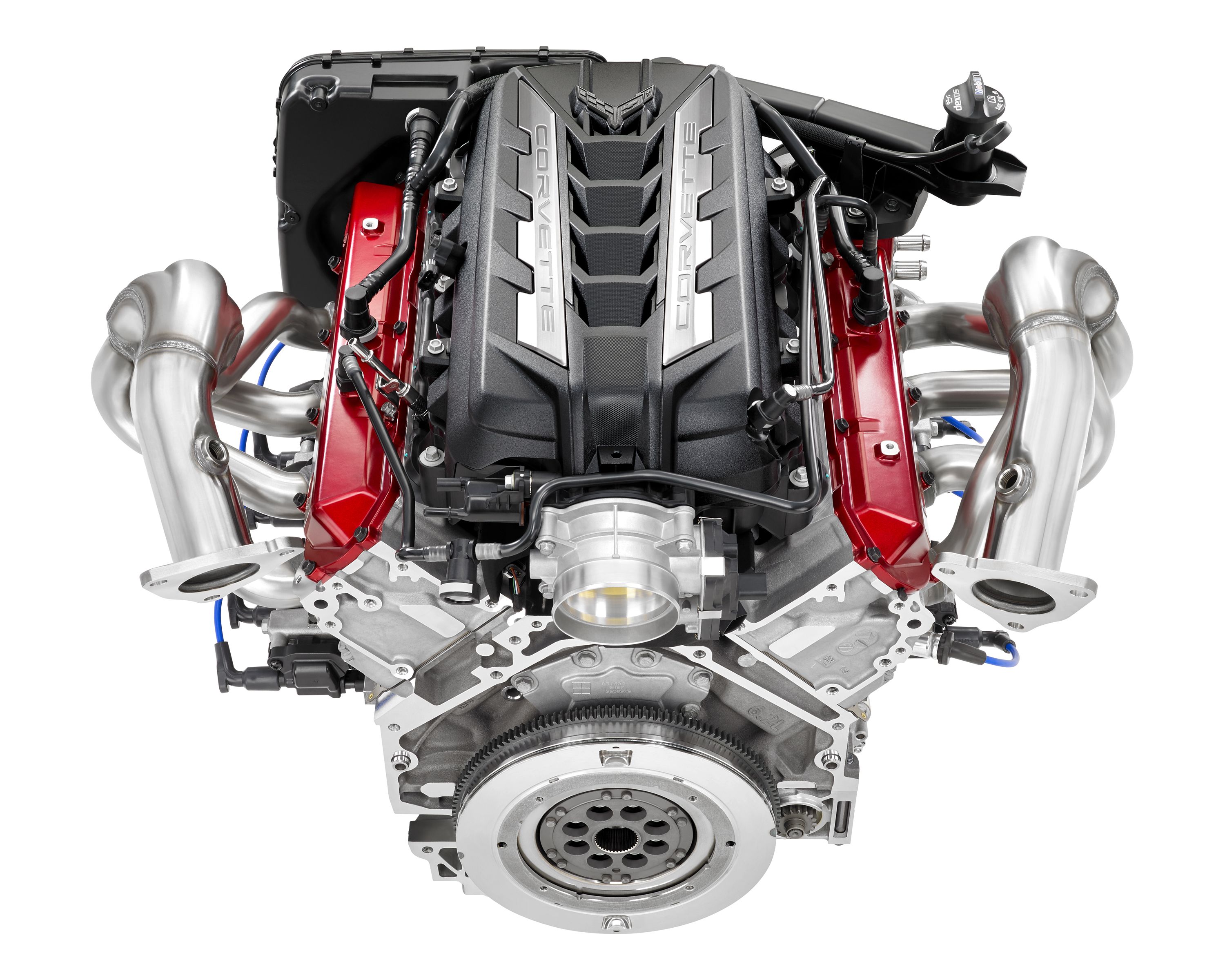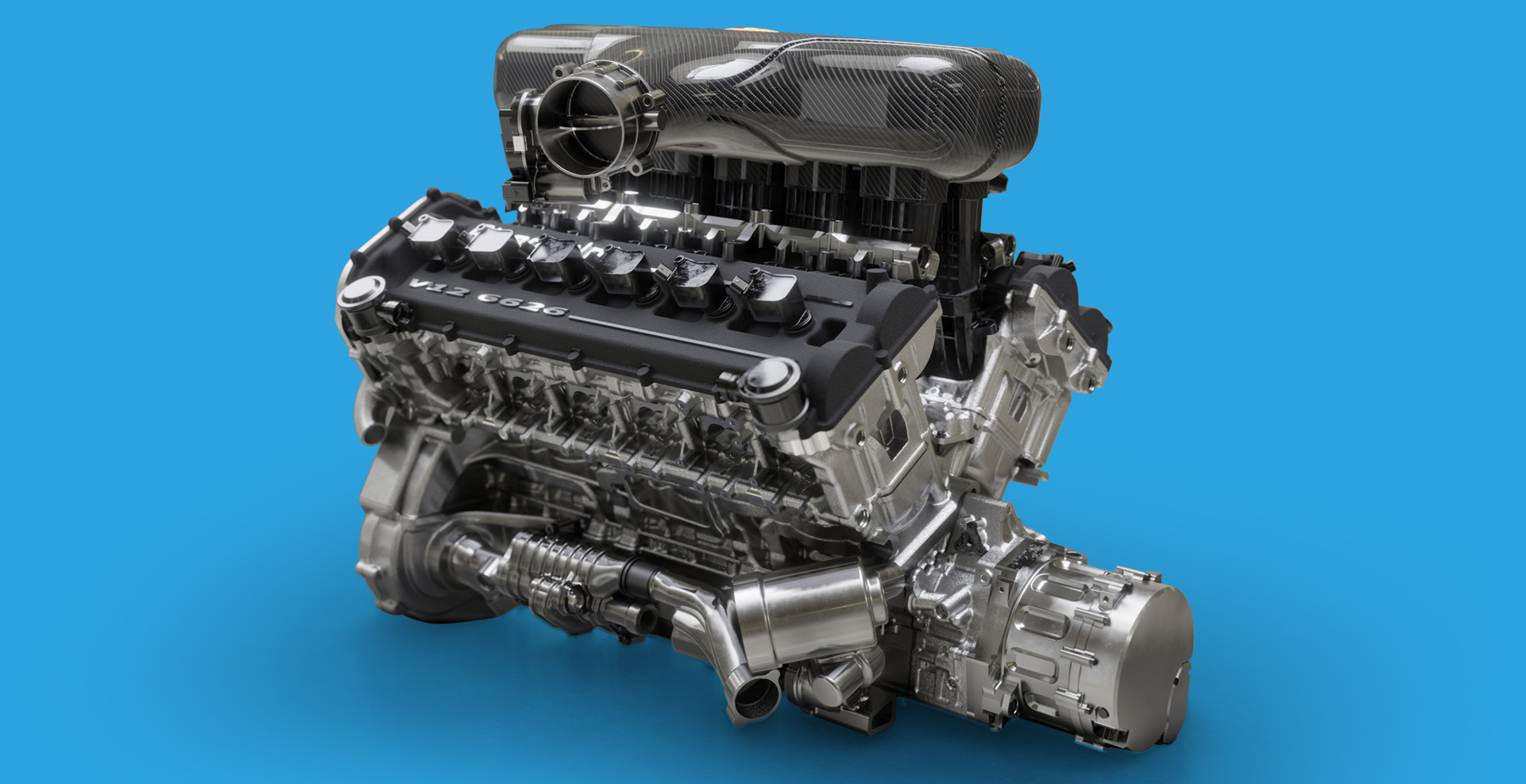Obtain the Perfect Fit with Engines For Africa's Diverse Selection
Obtain the Perfect Fit with Engines For Africa's Diverse Selection
Blog Article
Explore a Wide Variety of Engines for each Automobile and Function
The automotive landscape is progressively complicated, with a diverse variety of engine types designed to satisfy certain efficiency and efficiency requirements throughout various automobile categories. In addition, durable engines offer the demands of job cars, while eco-friendly options are gaining grip in the pursuit of lasting transportation.
Sorts Of Automotive Engines
Automotive engines can be categorized into a number of distinct types, each designed to fulfill specific performance and performance requirements. The most usual classifications include inner combustion engines, electrical engines, and hybrid systems.

Electric engines, on the other hand, run on electric power saved in batteries, providing immediate torque and no emissions. These engines are ending up being significantly popular due to advancements in battery innovation and the growing emphasis on sustainability.
Crossbreed systems combine both interior burning and electric engines, enabling lorries to optimize gas efficiency and decrease exhausts by effortlessly switching over between power sources. Each engine type provides its downsides and advantages, influencing variables such as automobile style, intended use, and market need. Recognizing these differences is essential for customers and manufacturers alike when selecting the ideal engine for their specific requirements.
Efficiency Engines for Sports Cars
Efficiency engines for cars are especially engineered to supply improved speed, agility, and power, setting them in addition to standard automotive engines. These engines often make use of advanced modern technologies such as turbocharging, turbo charging, and variable valve timing to make the most of efficiency and responsiveness.
Typically, performance engines are developed with higher compression ratios, which enable better power removal from gas. This leads to impressive horsepower and torque figures, allowing fast acceleration and higher leading speeds. In addition, the lightweight materials utilized in these engines, such as aluminum and carbon fiber, add to minimized general car weight, boosting handling and maneuverability.
Engine arrangements like V6, V8, and even hybrid systems are usual in efficiency sporting activities automobiles, each offering distinct benefits in terms of power delivery and driving dynamics. The adjusting of these engines is likewise essential; many makers optimize the engine monitoring systems to provide an electrifying driving experience, typically including sport modes that change throttle reaction and equipment changes.
Effective Engines for Daily Commuters
In the realm of day-to-day travelling, effective engines play a vital role in optimizing gas economic climate and lessening emissions while offering reliable efficiency. As metropolitan populations expand and environmental problems intensify, the need for automobiles equipped with effective powertrains has risen.
Modern engines developed for everyday travelers commonly include technologies such as turbocharging, straight gas shot, and crossbreed systems. Turbocharging improves engine effectiveness forcibly even more air into the burning chamber, enabling smaller, lighter engines that do not compromise power outcome. Straight gas shot improves gas atomization, bring about far better burning and enhanced efficiency.
Hybrid engines, integrating interior burning with electrical power, more boost gas economic situation, specifically in stop-and-go website traffic, where conventional engines can experience inadequacies. Electric motors assist throughout velocity and can operate individually at reduced rates, minimizing general gas consumption.
In addition, advancements in engine administration systems and lightweight materials add substantially to reliable engine layout. By concentrating on efficiency, durability, and environmental sustainability, manufacturers proceed to provide engines that not only satisfy the demands of daily travelling yet likewise straighten with worldwide efforts to decrease carbon footprints.
Heavy-Duty Engines for Work Vehicles
Durable engines for job cars are regularly engineered to supply outstanding torque and integrity under requiring conditions. These engines are made to carry out in atmospheres where standard engines may fail, such as building websites, logging procedures, and agricultural settings. The primary focus of heavy-duty engines is their ability to create high degrees of power while preserving resilience over extended durations of operation.
Typically, heavy-duty engines utilize advanced products and robust construction techniques to endure the roughness of heavy workloads. Attributes such as enhanced cylinder blocks, enhanced air conditioning systems, and advanced gas shot innovations add to their performance. These engines usually run at lower RPMs, which assists to optimize fuel efficiency while supplying the necessary power for carrying and towing.
Along with mechanical effectiveness, sturdy engines are typically geared up with sophisticated digital control systems (ECUs) that manage efficiency, emissions, and diagnostics. This integration enables much better monitoring and maintenance, ensuring that work automobiles remain reliable and functional.
Eventually, heavy-duty engines are a vital element in the performance of various sectors, offering the required power and integrity to tackle the hardest of tasks.
Eco-Friendly Engine Options
The expanding emphasis on sustainability has actually brought about the development of environment-friendly engine choices that focus on reduced emissions and boosted fuel effectiveness. These engines are developed to decrease the ecological influence of vehicles while still providing the efficiency and integrity expected by customers.
Amongst one of the most notable eco-friendly choices are hybrid and electric engines. Hybrid engines combine standard internal combustion engines with electrical propulsion, permitting for lowered gas intake and reduced greenhouse gas exhausts. Electric engines, on the other hand, run entirely on battery power, generating zero tailpipe exhausts and adding to cleaner air high quality.
Another promising advancement is the improvement of biofuel engines, which use sustainable sources, such as plant products, to power cars (Engines For Africa). By utilizing biofuels, these engines can decrease dependence on fossil gas dig this and lower general carbon impacts

As the automotive market progresses, green engine alternatives will certainly play a critical function in driving the shift towards even more lasting transportation solutions.
Final Thought
From high-performance engines that boost sporting activities car capabilities to effective designs focusing on fuel economic situation for everyday commuters, each kind offers a certain function. Durable engines cater to robust work cars, while eco-friendly options, such as electrical and biofuel engines, advertise sustainable transportation.

Report this page